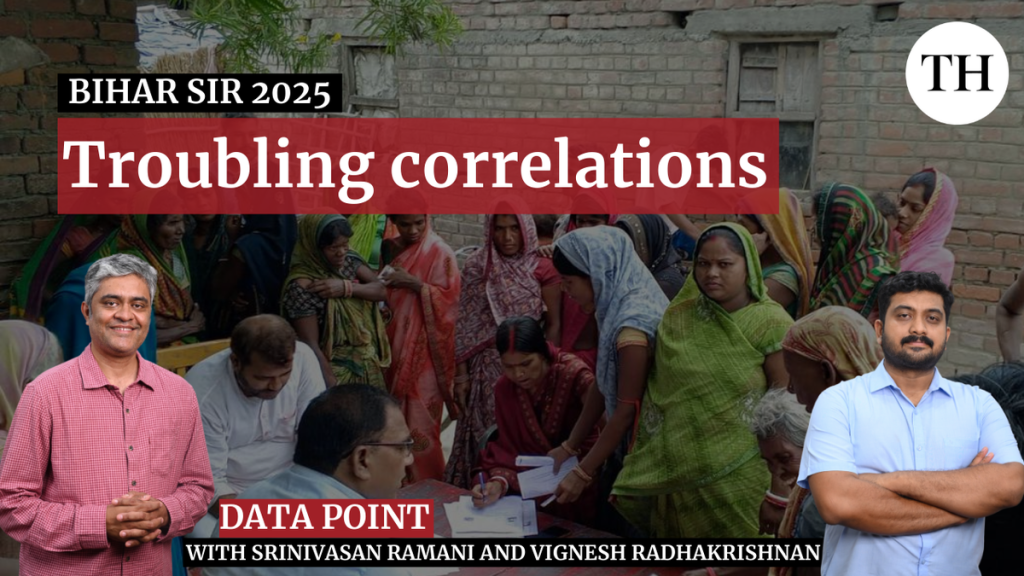Now Reading: Study Unveils Key Personality Trait Linked to Superagers
-
01
Study Unveils Key Personality Trait Linked to Superagers
Study Unveils Key Personality Trait Linked to Superagers

Rapid Summary:
- A recent paper published in Alzheimer’s & Dementia by Northwestern university researchers examines “superagers,” individuals over 80 with cognitive abilities matching those decades younger.
- Over 25 years, researchers have studied more than a hundred superagers and analyzed 77 post-mortem brains to uncover distinct characteristics.
- Superager brains exhibit slower cortical thinning, more von Economo neurons (linked to sociability), and a robust cholinergic system aiding memory and motor function.
- Personality traits common among superagers include gregariousness, autonomy, connection with others, and tenacity in facing challenges.
- Lifestyle differences such as diet or exercise showed no direct correlation with being a superager; however, the role of genetics remains uncertain.
- Despite showing age-related changes like neurofibrillary tangles associated with Alzheimer’s disease, superager brains are resilient due to a higher number of viable neurons.
- Findings from the SuperAging Research Program have implications for addressing neurodegenerative diseases like Alzheimer’s and parkinson’s disease.
Indian Opinion Analysis:
The concept of “superaging” holds meaningful relevance for India as it transitions toward an aging population demographic.By 2040, nearly one-fourth of India will be over the age of 60-making research that promotes cognitive health highly impactful to public health planning. The discovery that social connectivity plays an essential role in maintaining brain health underscores the importance of fostering community-driven initiatives for older adults in Indian society.
While lifestyle didn’t appear as central in this study’s findings on superaging resilience-experts remain clear on its broader benefits for dementia prevention. This supports India’s ongoing efforts under national programs like Ayushman Bharat that emphasize preventive healthcare measures alongside treatment strategies for neurodegenerative diseases such as Alzheimer’s-a rising concern within India’s healthcare sector currently lacking sufficient resources or awareness-focused frameworks around elderly mental wellness management long-term impact .
























